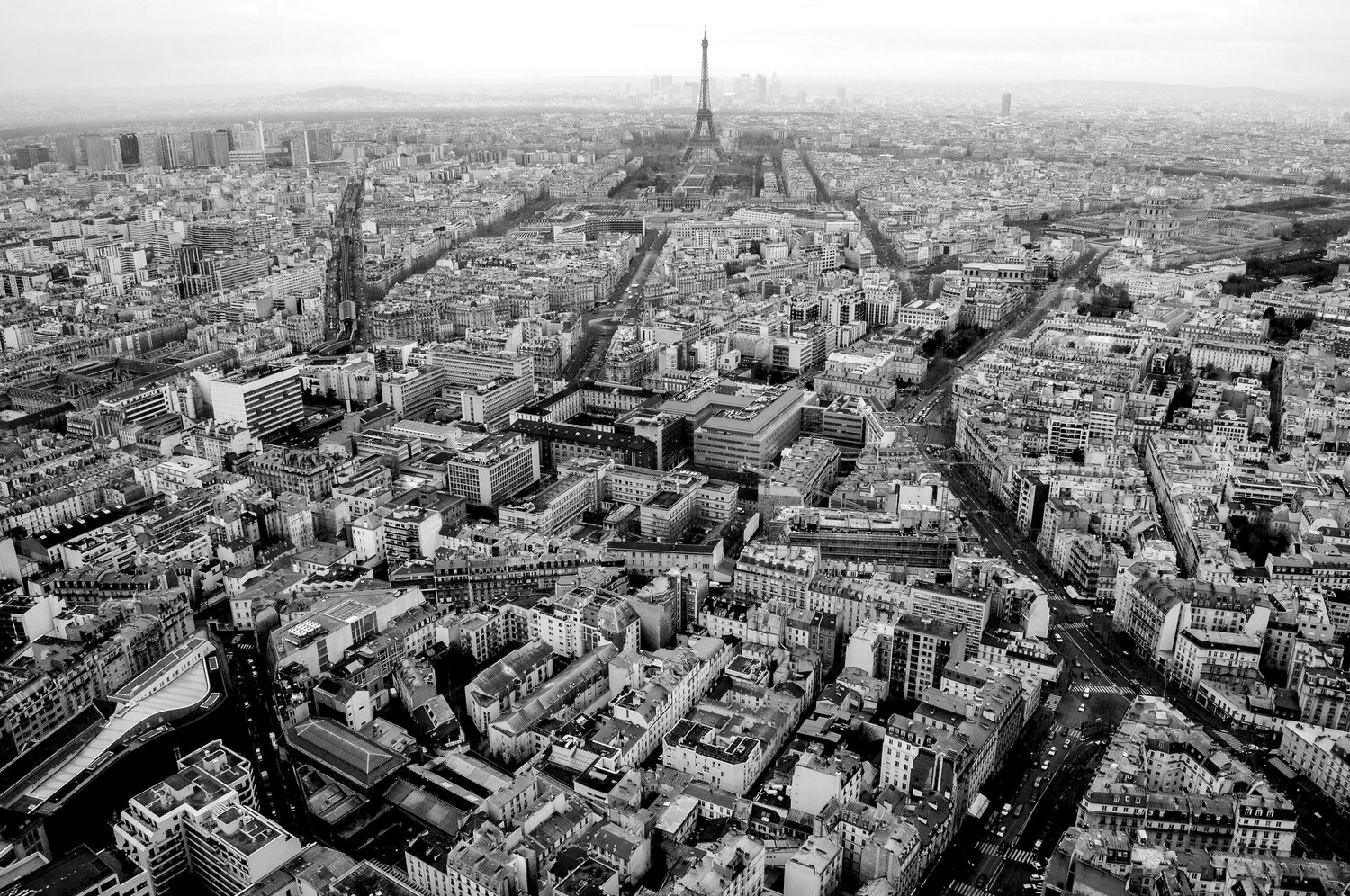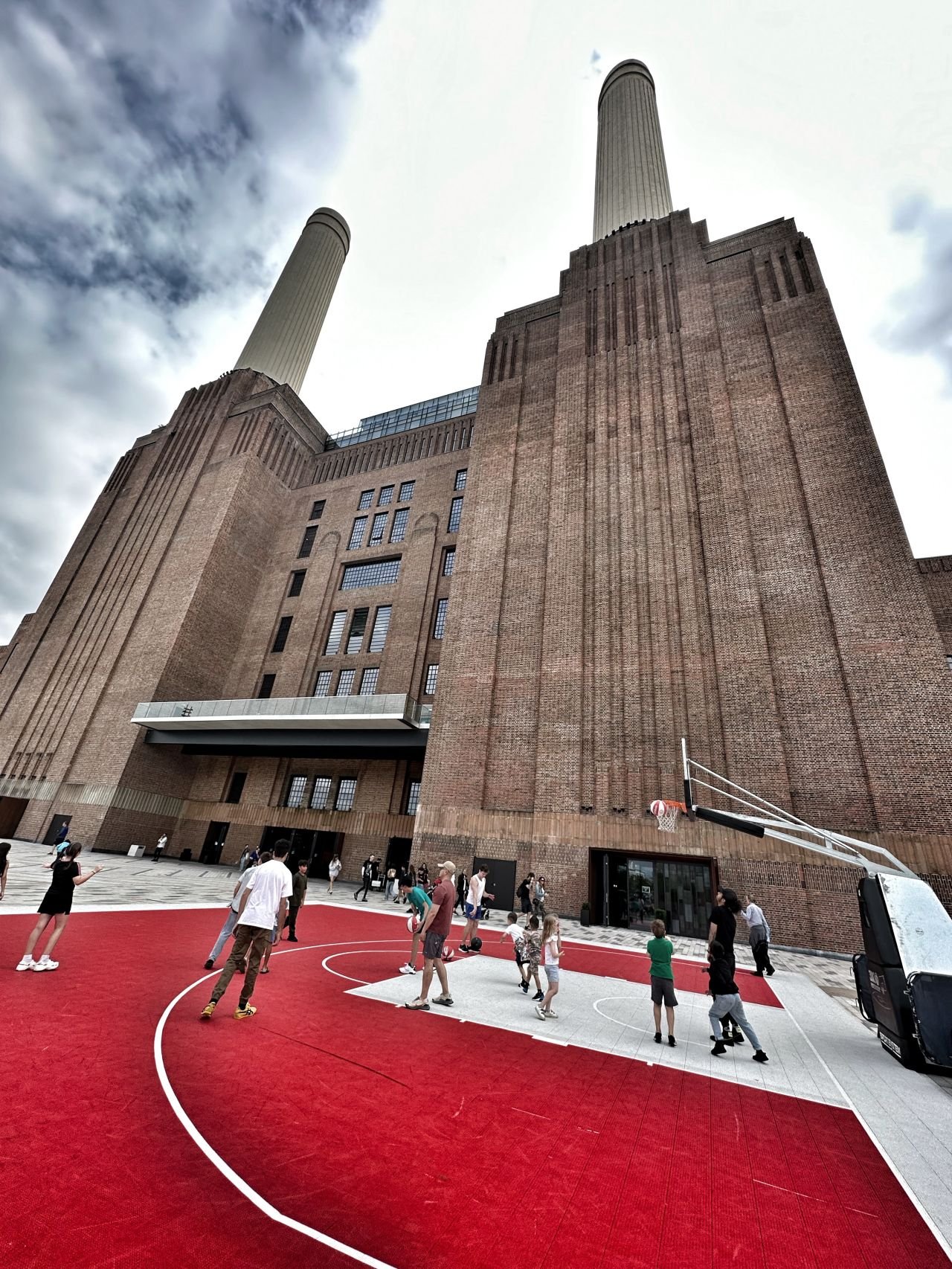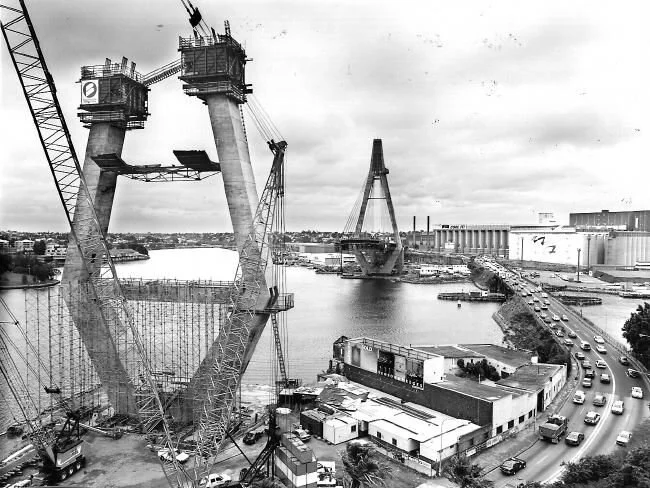A car-dependance analogy...
Read Morecars
Is Australia driving backwards? /
"We will start work within 12 months on Melbourne's east-west link, Sydney's west connects, Brisbane's Gateway Motorway Upgrade, Adelaide's South Road and Tasmania's Midland Highway. As well as key roads in Perth and parts of the Bruce Highway. Because when you're stuck in traffic jams, you aren't at work, or at home with your family"
Opposition leader, Tony Abbott - 16th May, 2013
In a country that's falling behind the rest of the world in transport infrastructure, the NSW Government has recently announced that traffic congestion is costing Sydney $51.1 billion a year. It's currently estimated to be the 7th most congested city in the western world.
Forgetting that there is a direct correlation between road supply and demand, the federal opposition leader, Tony Abbott has then stated today that if elected he will spend MORE money on roads. All without a single mention of direct federal investment or state support for much need rail links.
Major cities around the world are investing into rail and cycle infrastructure in order to more effectively integrate multiple modes of transport with residential and business centres.
This does not mean they're getting rid of cars or roads - it simply means they're providing alternative modes of transport to move away from the dangerous car/oil addiction. These steps take significant pressure off road infrastructure, imported oil reliance and make for much more healthy, pleasant and efficient cities to live and work.
In addition the city's £16 billion Crossrail line, London's mayor has just announced £1 billion for cycling infrastructure. Similarly, in the USA, with increased investments into alternative modes of transport, national rail commuter numbers have hit an all time high.
After a sudden increase in car ownership over the past couple of decades, Chinese cities have been feeling the negative effects of over-congestion. Planners and politicians are now working hard to resist a reliance on the car. Hangzhou has recently opened the world's largest bike share scheme, and the country's high speed rail is expected to increase from 10,000 to 120,000 kilometres over the next 7 years.
As the rest of the world takes steps towards more sustainable forms of transportation, Australia seems to be moving in the wrong direction. With promises to build more and more roads, it seems it will take Australians even longer to be at work, or at home with their families.
Feature image courtesy SMH.











